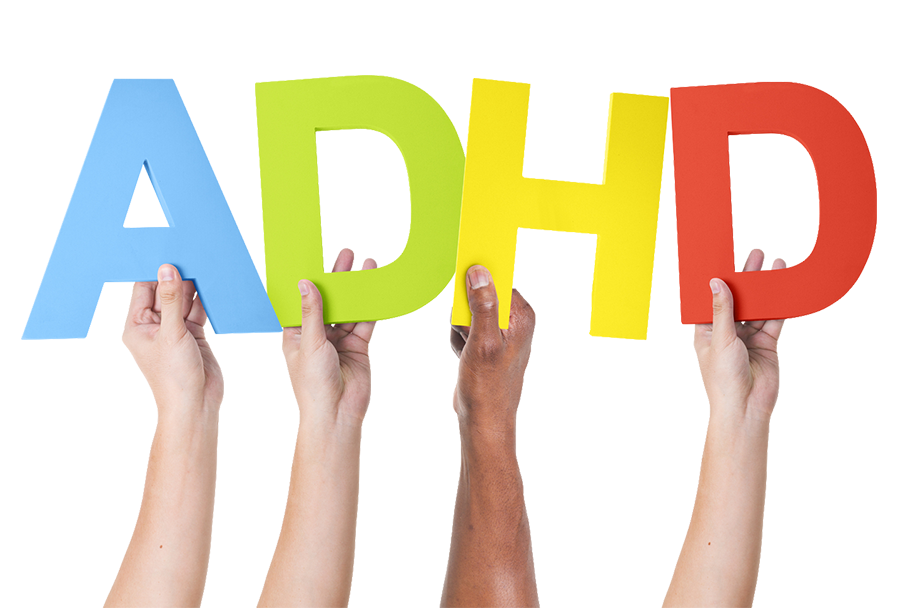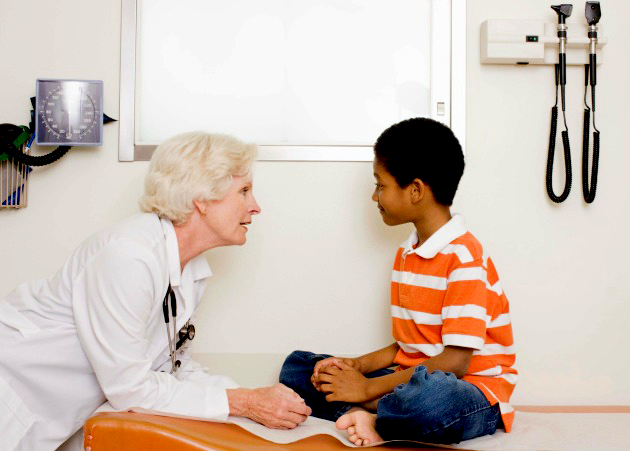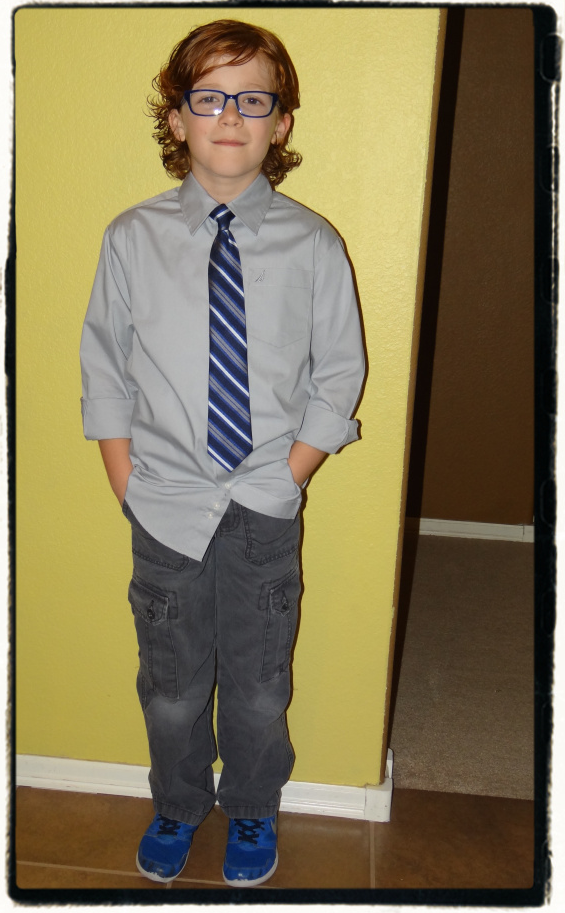Hyperactivity Treatment: What Really Works… Really


Now we’re ready to discuss what the real help is—that which we have actual evidence it will work!
Effective Treatment of ADHD and Hyperactivity
“WHAT do we know of that works?”
We’ve just refreshed our memories with HOW we know something truly works for treating a disease; namely, that it can withstand the scientific method of proving itself. Every other medical treatment in your medicine shelf has undergone that rigorous of analysis, why not demand that of the treatment you choose for ADHD?
Scientific Proof of ADHD Treatments
It must be repeatable by other practitioners without vested interests; the tests to prove it must be done WITHOUT BIAS; people doing the assessment must be “blind” to which treatment is being used; people taking the treatment must be “blind” to which treatment is the one being tested; AND, there MUST BE A ‘CONTROL’ treatment for comparison, in order to remove the “placebo effect.”
Many of us add one additional step if possible by requiring that benefits be repeatable when removing then restarting the treatment. If benefit is seen only when treatment is given on and off three times, odds are overwhelming that the results are not merely by chance.

The next time you find yourself in the medical library at a terminal for MED-line you will see that there have been literally thousands upon thousands of studies done on methods to treat what is now called ADHD. Thousands!
And in all of that, there have been only TWO treatments which meet the scientific method’s standard of benefit: certain kinds of behavioral training and medication. Only two—that’s it!
“Cognitive training” because we’re dealing with a human’s largely voluntary choices of behavior; and medication because we have now actually found “smoking gun” areas of the brain, “deficient” in ADHD which “improve” on medication.
In fact, the statistics are so good between medication treatment and beneficial results in ADHD that a lot of us think a diagnosis of ADHD shouldn’t be given to a child without showing a benefit to a trial of medication. And, if it can be done in a “blind” manner to the observers then that’s even better.
I’ve seen children treated with either of the two alone and receive benefit. But the great thing is that it’s not EITHER one OR the other; both can be used for an even greater result than either alone. In fact, most of us believe that no child should be placed on medication alone without receiving cognitive training too.
Five “Pillars” of Treatment
A lot of people writing about ADHD and hyperactivity treatment talk about the “four pillars of treatment.” What more-experience-than-I-thought-I-would-ever-get has taught me is that there are FIVE things that demand attention; because, the problem is OVER-diagnosed.
Does that surprise you? I’ve been around long enough to even see cancer misdiagnosed. It happens with even the best of intentions; but, in this case I’m sorry to say, the sheer sloppiness of some practitioners comes back to bite them more often than it should.
Therefore, the FIRST PILLAR should be that the diagnosis should be correct and tested. Doing that usually takes a trial of medication, which I’ll discuss below. Having the wrong diagnosis is the leading cause of the medication not working!
SECOND – Because not all children have the same symptoms at every age, all children with ADHD need an environment where they can obtain psychotherapeutic help—either behavioral, dynamic, educational or cognitive—where life-skills and coping behaviors can be learned and honed.
THIRD – Counseling and treatment should include the family including: education, guidelines, instructions and listening. “Parenting” children with these issues is NOT the same as those without and we shouldn’t expect the average parent to have learned the techniques.

FOURTH – There should be an individualized education plan (IEP) developed with teacher’s, counselor and family. And,
FIFTH – Medication, being a key benefit to a correct diagnosis, needs to be part of the decision making for both diagnosis and treatment.
Not all children need the use of medication at all times or in all ages; but, in true ADHD it adds so much to the child’s ability to function it simply MUST NOT be summarily dismissed. It not only improves hyperactivity but distractibility and attention span as well.
Neither should it be used for convenience sake; because, no pill can teach proper behavior.
Since my goal with these articles is to teach YOU how to recognize the proper approach to diagnosis and treatment of ADHD so you can tell when you and your child are actually receiving it, we should talk about each of these pillars—not necessarily in order.
Correct Diagnosis
The reason you spend money to see a doctor and not the nurse down the street or pharmacist on the corner is because he/she knows all the things that your symptoms MIGHT be and can hone into what it IS to make sure that a treatable medical condition or another possible psychiatric diagnosis is not being missed.
Many ADHD symptoms can have other causes (eg, inattention may occur in relation to a learning disability, boredom, or a hearing difficulty). Some psychiatric disorders can mimic the symptoms too (affective bipolar disorder, schizophrenia, posttraumatic stress disorder (PTSD), and Tourette syndrome). Key symptoms can arise from a learning disability.
We’re all taught how to perform a thorough physical exam but not all of us actually do them on every patient.
We’re all taught how to take a careful history and review all organ systems before spending your money on expensive laboratory tests; but, alas and alack, it’s much easier to have patients fill out their own forms or nurses ask the questions.
Please understand too, that not all doctors are either set up or have the desire to see patients with behavioral or educational related issues. In fact, if we’re being honest, more don’t than do. But that doesn’t mean YOU should settle for something that doesn’t measure up.

Ask yourself: “Did they listen to me?” “Do they REALLY understand our issues?” “Did they put some thought into it?” “Did the doctor do a thorough physical exam?” “Are they interested in teachers, family, parents or just pills?” “Are they talking about proven therapy or off track?”
Simply put and to the point, if any of the answers are off track it’s better to seek help elsewhere for this specific issue. Your child’s success in school (indeed life) and your success as a parent are not insignificant things.
Go down the checklist I gave you in the first article for yourself. Make sure evaluations are ongoing and as careful as can be through the process.
A tremendous help, if there is even a single bit of doubt, is a short “diagnostic trial” of medication. I’ll talk more fully about it when we discuss medication, but what I’ve seen over and over is that IF medication is going to give results both you and the teacher will know it without question.
A parent who tells me they “aren’t quite sure” or “maybe” the medicine worked is the same as a wrong diagnosis to me and means that I’ve got to keep looking for another cause.
Individual Education Plan
At school there are “intervention-programs” and there are “accommodations.” An example of an accommodation is removing sources of distraction from around the room. An intervention is like a “star chart,” counseling or separate reading help.
Educators well understand the importance of providing assistance to students with ADHD and there are at least three federal laws which require special education and related services for students with ADHD in both accommodations within regular classrooms and interventional programs.
The “disabilities in education act” and “section 504, rehab act” are most commonly in play for children with ADHD, each using slightly different definitions and requirements. School counselors are well aware of all the program subtleties if the school receives any federal monies at all.
The diagnosis of ADHD alone isn’t enough to qualify for some aspects of the federal laws. If the child’s ADHD significantly impacts on learning or behavior, in other words limits a major life activity, it does.
Parents should never miss an opportunity to sit in on the development or review of the schools Individual Education Plan (IEP) for their child. That’s where all the child’s deficiencies are identified and the accommodations and interventions the school will provide are listed. You want to help them with that activity.
❧
We still need to cover the treatment pillars of cognitive therapy and medication; but, perhaps you will allow me to take a quick break and continue this on page three.
13 Posts in ADHD Hyperactivity (hyperactivity) Series
- Hyperactivity & Puberty - Part 2, Issues and Actions – 22 Jan 2019
- Hyperactivity & Puberty - Part 1 – 10 Jan 2019
- The Children - Followup and Outcomes – 26 Mar 2017
- (Link) Don't JUST take my word for it – 23 Feb 2017
- Treatment: Cognitive Training, Medication – 18 Feb 2017
- Treatment: Five Pillars of ADHD Treatment – 4 Feb 2017
- Treatment: How can we know what works? – 29 Jan 2017
- (Video) Sucess in 'Something' Helps – 20 Jan 2017
- The Patient – 15 Jan 2017
- First, the diagnosis – 11 Jan 2017
- Labels and 'Alphabet Soup' – 7 Jan 2017
- Treatments - 'alternative' – 6 Feb 2013
- ADHD Hyperactivity: Intro/Index – 5 Feb 2013
